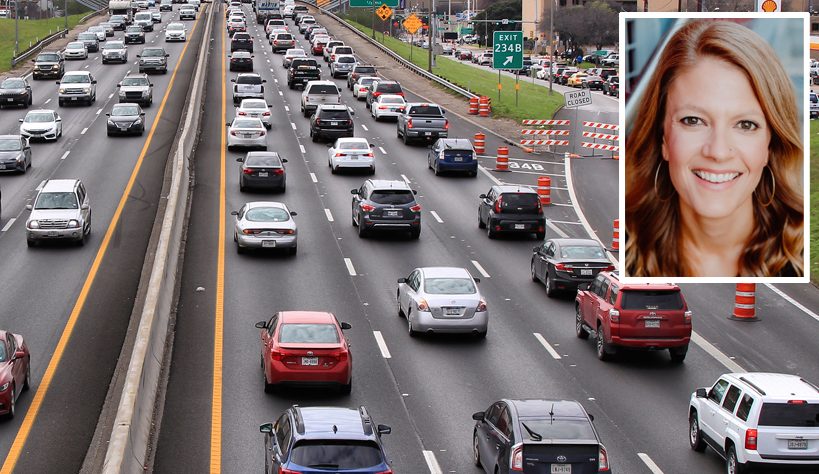Q. Mr. President, if I could ask you about infrastructure, You've got infrastructure spending in the stimulus package. The need is much faster than that and the money is tight. Do you anticipate any significant further additions in federal infrastructure spending in the reasonably near future, and are you making plans to establish an infrastructure bank?
Obama: Well, number one, we've got the transportation reauthorization bill that’s going to be coming up. So one thing to keep some perspective about on the recovery package is this is supposed to provide a jolt to the economy above and beyond what we’re doing already in the federal budget. And so I expect that Secretary LaHood, working with the various transportation committees are going to be moving forward on a transportation bill. I would like to see some long-term reforms in how transportation dollars flow, and I'll give you just a couple of examples. I think right now we don't do a lot of effective planning at the regional level when it comes to transportation. That's hugely inefficient. Not only does it probably consume more money in terms of getting projects done, but it also ends up creating traffic patterns, for example, that are really hugely wasteful when it comes to energy use.
If we can start building in more incentives for more effective planning at the local level, that's not just good transportation policy, it's good energy policy. So we’ll be working with transportation committees to see if we can move in that direction.
The idea of an infrastructure bank I think make sense -- the idea that we get engineers, and not just elected officials, involved in thinking about and planning how we’re spending these dollars. I may get some objections from my colleagues, Democrat and Republican, on the Hill about that, but I think there should be some way for us to -- just think how can we rationalize the process to get the most bang for the buck, because the needs are massive and we can’t do everything, and if it’s estimated that just on infrastructure alone it would cost a couple trillion dollars to get our roads, bridges, sewer systems, et cetera, up to snuff, and we know we’re not going to have that money, then it would be nice if we said here are the 10 most important projects and let’s do those first, instead of maybe doing the 10 least important projects but the ones that have the most political pull.




